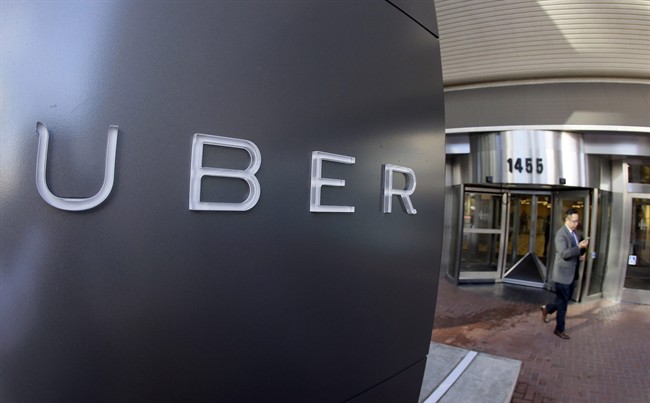While some may think choosing to make it home with a ride-sharing app after a night out of drinking would help curb drunk driving, new research suggests Uber has had no effect.

A new study out of Oxford University and the University of South California suggests that drunk driving-related fatalities haven’t decreased with the advent of Uber and other ride-sharing apps.
Keep in mind, reducing impaired driving-related incidents has been one of Uber’s selling points. It says that cities with its service have “fewer drunk drivers on the streets.”
“Obviously the rise of Uber and Lyft has been incredible, and we were curious about potential implications,” David Kirk, the study’s co-author out of Oxford, told CNN.
“The takeaway for me is that there’s still tons of room for improvement when it comes to reducing drunk driving fatalities,” Kirk told the Washington Post.
READ MORE: Alcohol ‘directly causes’ seven forms of cancer, scientist suggests
Kirk’s conclusion stems from studying drunk driving statistics in 100 urban areas across the United States. The stats cover 2009 to 2014. While Uber was ushered into these metropolitan areas during this timeframe, Kirk’s team saw no decline in fatalities across the board, and none over weekends when impaired driving tends to peak.
There is a handful at factors at play, though. There may not be enough drivers during these peak-drinking times to affect drunk driving, for starters.
As well, people who rely on Uber probably relied on cabs before. Those who thought cabs were too expensive may still be reluctant to shell out on an Uber ride home, especially with surge prices.
For its part, Uber points to other research that found a 3.6 to 5.6 per cent decrease in impaired deaths in California. Kirk told CNN that his own research uses a different set of variables that are “arguably more complete.”
READ MORE: A daily glass of wine? Canadian study says it’s too good to be true
“We’re glad Uber can provide an alternative to drunk driving and help people make more responsible choices. Our ridership numbers show that trips peak at times when people are more likely to be out drinking and 80 per cent of riders say that Uber has helped them personally avoid drinking and driving,” an Uber spokesperson told several U.S. outlets in a statement.
Kirk says time will tell if the tides will change and ride-sharing services make a dent in drunk driving deaths. But he’s certain more needs to be done to lower drunk driving incidents and officials shouldn’t turn to apps like Uber as the sole solution.
READ MORE: Is driving high the new drinking and driving for Ontario teens?
“It will be important to revisit the findings in a few years, assuming Uber and Lyft have even greater presence in the U.S. and beyond, Kirk told CNN. “If Uber and Lyft can find a way to have greater appeal to drunk drivers (free or reduced priced rides for inebriated passengers), then there is a possibility of bringing fatalities down.”
Kirk’s full findings were published in the American Journal of Epidemiology.
carmen.chai@globalnews.ca
Follow @Carmen_Chai


Comments